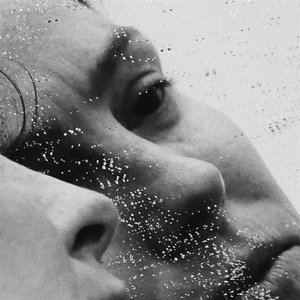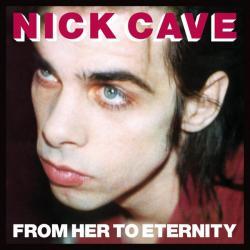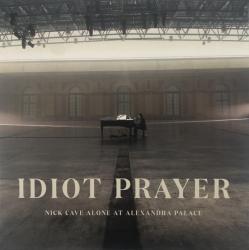Description
Emma Ruth Rundle’s forthcoming Engine of Hell is stark, intimate, and unflinching. For anyone that’s endured trauma and grief, there’s a beautiful solace in hearing Rundle articulate and humanize that particular type of pain not only with her words, but with her particular mysterious language of melody and timbre. The album captures a moment where a masterful songwriter strips away all flourishes and embellishments in order to make every note and word hit with maximum impact, leaving little to hide behind. “I really wanted to capture imperfection and the vulnerability of my humanity,” Rundle says of the album’s sonic approach. “Here are some very personal songs; here are my memories; here is me teetering on the very edge of sanity dipping my toe into the outer reaches of space and I’m taking you with me and it’s very fucked up and imperfect. “For me this album is the end of an era to the end of a decade of making records. Things DO have to change and have changed for me since I finished recording it.” In essence, Engine of Hell signifies a major turning point for Rundle as both an artist and as a person. The catharsis of this type of songwriting has effectively served its purpose, and to continue ruminating on the past going forward is less of a healing process and more like picking at a scab and refusing to let it heal. This may help explain why Rundle is less than enthusiastic about divulging the details about her muses, but it doesn’t alter the fact that these songs served a purpose in their creation, and that they may continue to bring comfort to others.




